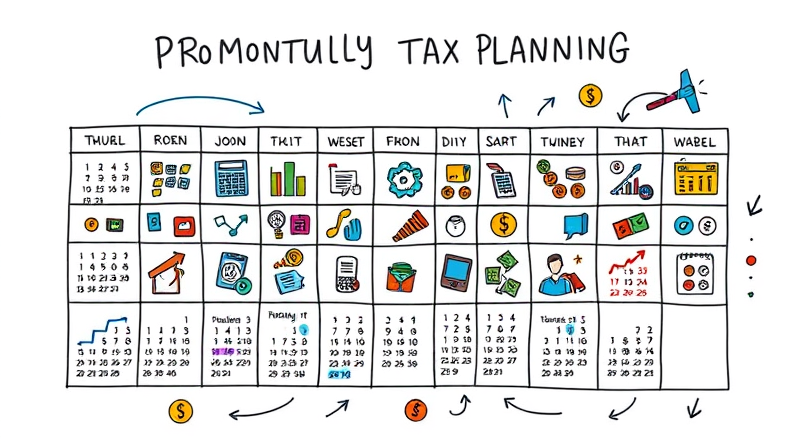
Transferring wealth can be both an act of generosity and a strategic decision. Before you distribute significant assets, it’s crucial to understand how the U.S. gift tax system works and how to navigate its limits to protect your legacy.
Gift tax rules aren’t just bureaucratic hurdles—they shape the way you preserve and share your wealth. By planning ahead, you can:
With rising estate values and potential legal changes, it’s vital to move with both precision and foresight.
In 2025, the federal government set several important thresholds that every planner should know:
Staying within these bounds ensures that your gifts remain tax-free under federal law.
The rules interplay in ways that can both protect and limit you:
Strategic use of both annual and lifetime thresholds can greatly reduce your future estate tax burden.
Whenever a gift exceeds $19,000 to a single recipient, you must report it:
• Use IRS Form 709 to declare all such gifts. • File by April 15 following the calendar year of the gift. • Even if no tax is owed, timely reporting locks in your remaining exemption.
Certain transfers avoid gift tax entirely:
Additionally, non-citizen spouses enjoy a higher annual exclusion of $190,000 in 2025.
When you gift to someone more than 37.5 years younger and exceed your GSTT exemption, a 40% tax applies. This rule prevents large transfers from bypassing a generation without incurring tax consequences.
The current $13.99 million lifetime exemption is set to expire at the end of 2025. Without new legislation, it could revert to approximately $5–7 million per individual. High-net-worth families should watch pending bills like the “One Big Beautiful Bill Act” for potential extensions or adjustments.
Concrete examples illustrate the real-world impact of these rules:
By mapping out these scenarios, you can make informed decisions about timing and amounts.
With the exemption scheduled to shrink, advanced gifting can “lock in” higher thresholds. This approach offers both immediate family benefits and peace of mind as laws evolve. Start conversations with heirs and advisors to coordinate timing, amounts, and documentation.
The United States uses a unified credit: every dollar you gift in life subtracts from what’s left for your estate at death. Thoughtful lifetime gifting can therefore:
• Reduce future estate tax liability. • Enable recipients to enjoy assets sooner. • Leverage exclusions before they potentially decrease.
While federal gift tax rules provide broad power, state laws vary. Some states impose estate or inheritance taxes that interact with federal limits.
Before making significant transfers, consult a qualified tax advisor and estate planner to ensure full compliance and maximize benefits. By combining expert guidance with this framework, you can transform gifting from a complex obligation into a powerful tool for family legacy.
Understanding and acting upon these gift tax provisions empowers you to share generously while safeguarding your wealth for generations to come.
References













